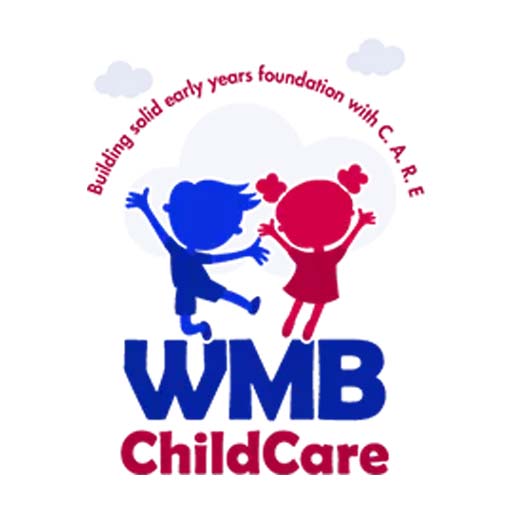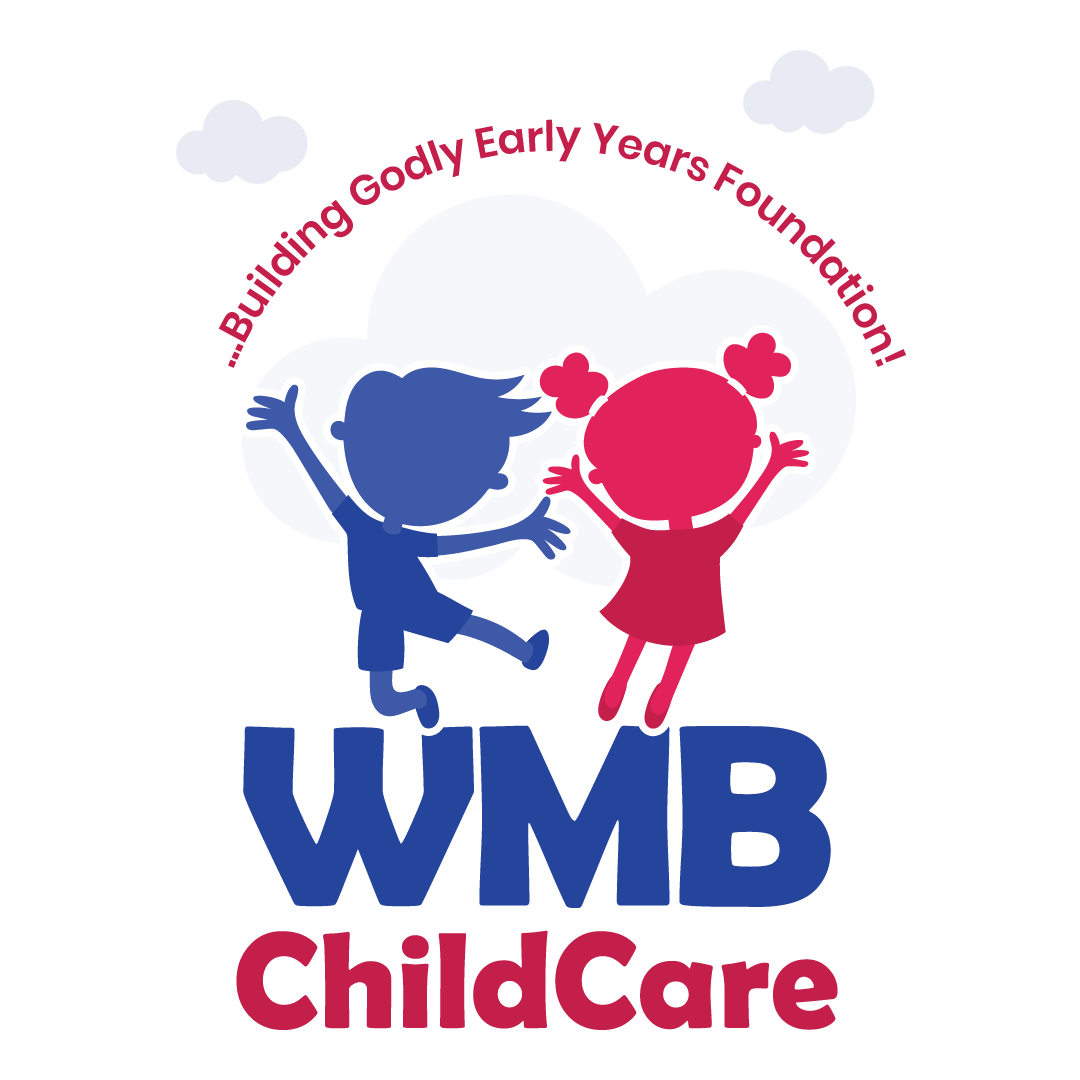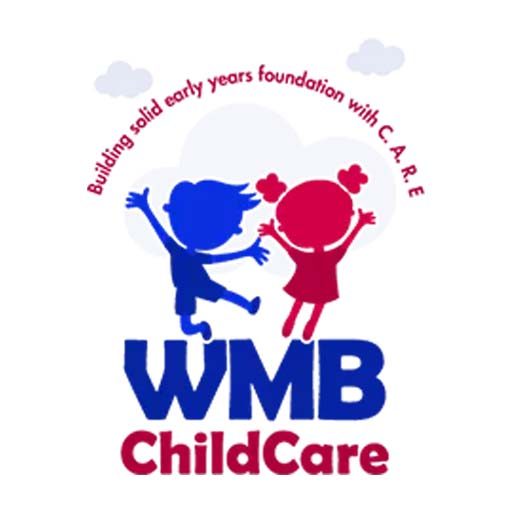Advantages of Music in Early Childhood
Music plays a vital role in early childhood development, offering numerous benefits that go beyond mere entertainment. From enhancing communication and imagination to fostering cognitive growth and school readiness, music is a powerful tool that aids in the comprehensive development of young children. In this post, we explore the multifaceted advantages of incorporating music into early childhood education and daily routines.
Music and Human Sensitivity
Humans are inherently attuned to sound patterns, a trait that makes music an extraordinary tool for enhancing communication and imagination in young children. From the rhythmic cooing of a parent to the lilting tunes of nursery rhymes, music plays a crucial role in the early developmental stages. This natural sensitivity to music helps children decipher emotional cues, develop language skills, and foster a creative imagination. Engaging with music in these formative years builds a foundation that supports cognitive, social, and emotional growth.
Active Learning Through Music
Participating in singing games, action songs, and movement activities is more than just fun for young children; it’s an essential aspect of active learning. These musical activities lay the groundwork for thinking, problem-solving, and memory development. Through repetitive lyrics and melodies, children enhance their ability to remember and recall information. Moreover, coordinating movements with music helps in developing motor skills and body awareness. This active engagement with music fosters a sense of achievement and encourages further exploration and learning.
Brain Breaks
Incorporating songs that encourage movement is a fantastic way to give children a brain break, particularly in their early years. Movement songs combine physical activity with musical rhythm, offering a dual benefit of exercise and mental relaxation. These breaks are crucial in maintaining a balance between structured learning and free play, ensuring that children remain attentive and engaged. Music and movement together help in re-energizing the brain, making children more receptive to subsequent learning activities.
Cognitive Growth
Exposure to music allows young brains to absorb a variety of notes, tones, and words, creating neural pathways that significantly influence and enhance cognitive abilities throughout life. The auditory experiences provided by music stimulate areas of the brain responsible for processing sound, language, and speech. This stimulation supports the development of phonemic awareness, which is crucial for reading and language skills. The rich tapestry of musical sounds helps in laying a solid foundation for complex cognitive tasks, making learning a more holistic experience.
Comprehensive Development
Music stimulates all areas of child development and the skills necessary for school readiness, including intellectual, social-emotional, motor, language, and overall literacy. Through musical activities, children learn to synchronize their body and mind, aiding in the development of fine and gross motor skills. Singing and playing instruments help in understanding sounds and meanings of words, which is vital for language development. The social aspect of making music together teaches children about cooperation, sharing, and emotional expression, preparing them for the social dynamics of school.
Smoothing Transitions
Singing or chanting can make routine activities and transitions smoother and more enjoyable for children. Whether it’s gathering children into a circle or transitioning from one activity to another, music can ease these moments and make them more pleasant. Songs with specific instructions or cues can help in managing classroom dynamics and ensuring that children move from one task to the next with minimal disruption. Additionally, music sets the mood: quiet, soothing music can calm and relax children, while lively marching tunes can energize them for activities like clean-up time. This ability to modulate the environment through music is a powerful tool in early childhood settings.
In conclusion, the advantages of incorporating music into early childhood education are manifold. From enhancing cognitive abilities to fostering social-emotional skills, music is a potent catalyst for holistic development. By integrating music into daily routines and learning activities, we can create a rich, engaging, and supportive environment that nurtures young minds and bodies, setting the stage for a lifetime of learning and growth.








